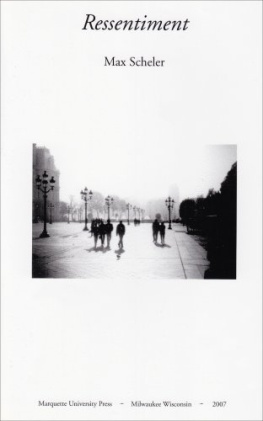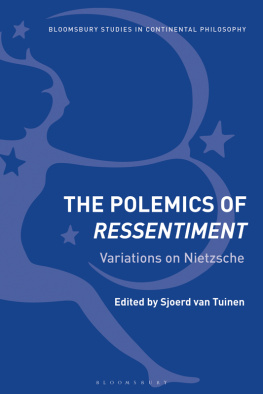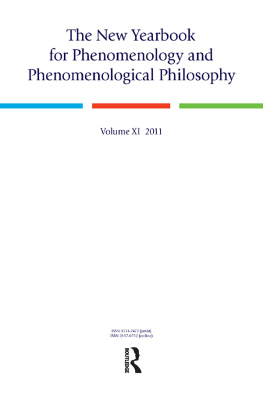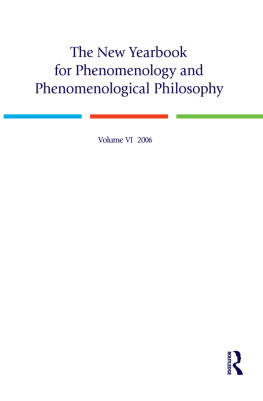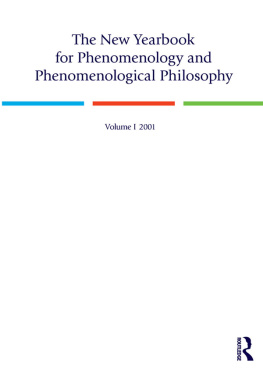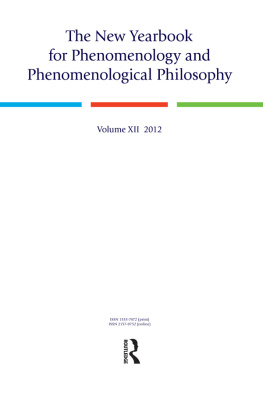from such photos, say, by blocking it off from one's mind for a moment, and imagines there just human history alone floating through space, such a vision would solicit the question why, in all the world, humans can be and are so violent, self-destructive, and why they are so foolish to keep on destroying one of their most valuable possessions, their lives and the environment, by waging wars, technology, neglect, or for profit making? The tranquillity of the stars visible above our life-world may be sublime, as Immanuel Kant ( 1724- 1804) held, human history has no such sublime tranquillity. The question why there are hate and hostilities among us earthlings, notwithstanding illimitable cultural and scientific achievements, and notwithstanding the counterpoint of human existence: a dormant, or more active, or at least disquieting faith in something Divine, leads one also to ask yet another question: Who are those earthlings when looked at from a bird's eye view, so to speak? Modern philosophy, taking its historical departure in seventeenth century France with Ren Descartes ( 1596- 1650), has ever since recognized reason to be the essence of being human. This self-understanding of the human race took its root in the cradle of Western civilization: in the philosophy of the ancient Greeks. They taught us that beings endowed with reason are essentially distinguished from the animal kingdom because the latter is devoid of such things as art, culture, history, language, law, religion, or science -- all supposedly embedded in human reason. Up to this day we dwell in this ancient Greek conviction of the power of reason. We firmly believe that we must trust reason alone and everywhere. Without it, there is no progress. Reason allows us to work with explanations of whatever as long as they are logical. Indeed, especially in our own time one takes for granted that everything under the sun is, potentially or in the long run, explainable and controllable by technology as long as reason has accrued enough experience and savvy. -2- |

